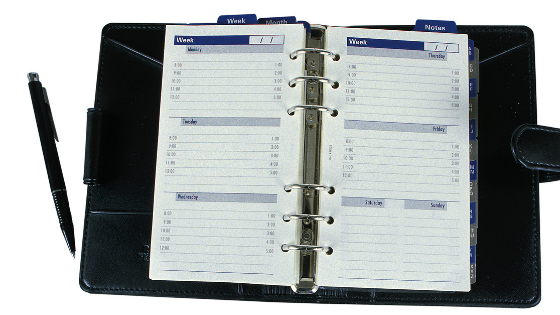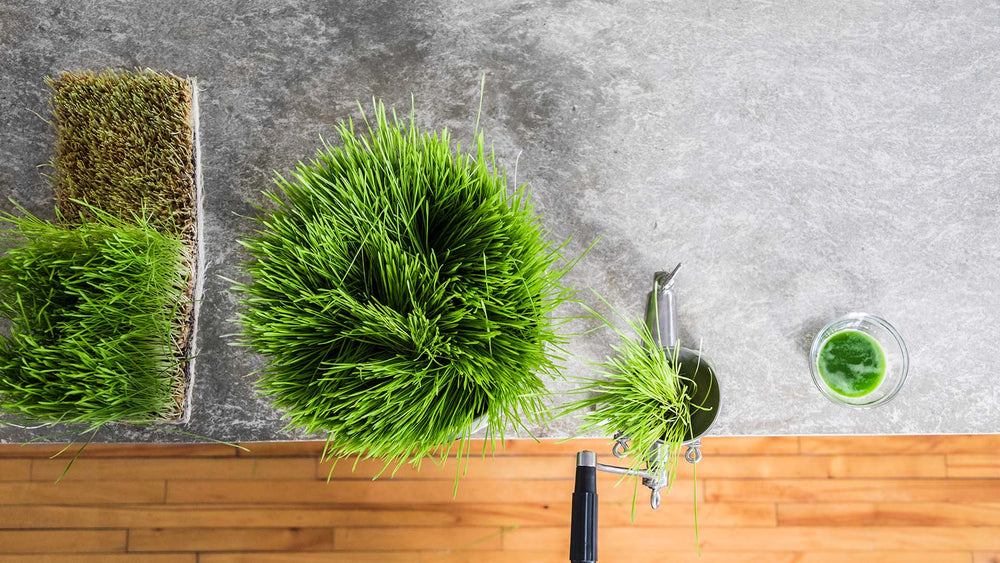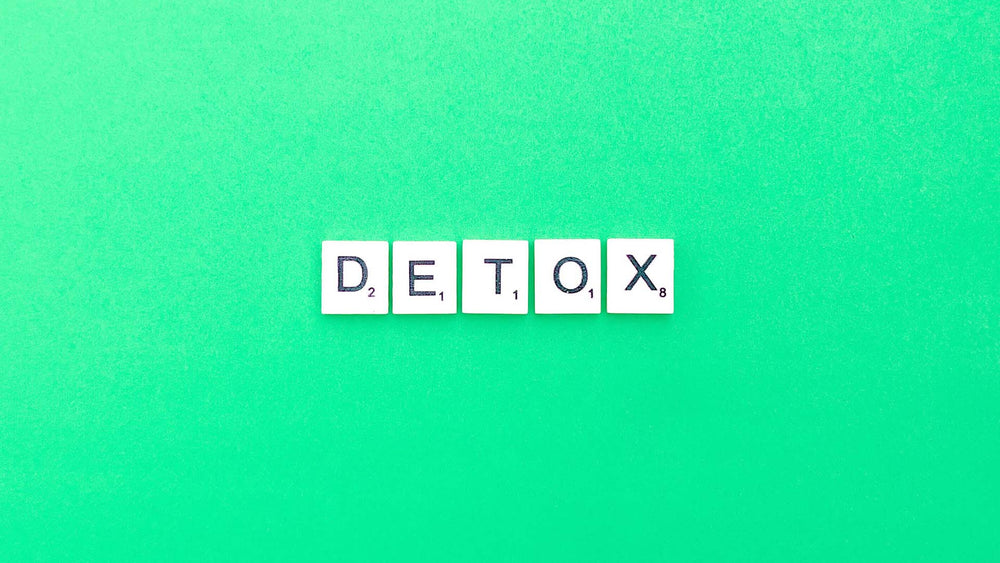There are 24 hours in a day, and we have no choice in how we spend some of that time. We need to sleep, eat, shower, buy groceries, and go to work. However, we do have a choice in how we spend our leisure time, and how we manage the time spent on essential activities like work, errands and house cleaning.
There are lots of ways even the most well-intentioned among us waste time everyday. The internet is one of the biggest, if not the biggest, timewaster of them all.
Social media, especially Facebook, accounts for most of this ill-used time. It’s hard for even the most disciplined among us to resist the temptation of blaring internet headlines and memes.
There are cheating apps designed to keep you off the internet at home or work. These apps work, but you can always turn them off before the set time, or “cheat the system” in other ways.
Playing video games or constantly texting friends about trivial matters are other ways you can waste time, but social media is the #1 time waster for most people. Any activity that detracts from important manners is a time waster and a form of procrastination.
Multi-tasking, saying yes when you want to say no, and not having a schedule are just a few of the other ways you may waste time everyday.
Here are ten ways to you can save time and be more productive, and prevent trivialities like internet browsing or gossiping with neighbors from eating up your precious time.
Set Weekly and Daily Goals
List one or two goals that must be completed each day and a few secondary goals that aren’t as urgent. Jot down weekly and monthly goals and review them occasionally. Find a quiet place, free of distractions, and really think about what you need to accomplish during a given week.
Write it down, preferably longhand. Studies have shown you are more likely to follow through on your goals if you write them instead of type them.
Scheduling and Planning for Urgent, Unpleasant Tasks
Paying bills, doing taxes, scrubbing the bathroom floor, and filling out complicated applications are all unpleasant but necessary tasks. Use your Smartphone apps, Post-Its, or a paper planner to schedule a time to take care of all your essential tasks.
You may prefer to take an entire day to tackle these necessities, or perform them in small blocks of time over several days.
If you don’t plan for such tasks ahead of time, you may end up rushing to finish them at the last minute. A last-minute rush may cause you to make mistakes or overlook certain tasks completely.
Say No More Often
Don’t agree to requests from friends, family members or co-workers unless you’re sure you have the time, energy and desire to follow through.
Some friends or family members may be upset if you say no to their requests, but if you explain why, most people will understand.
Think about what you can reasonably do and how long it will take. You may be able to “say yes” at a later date, or recommend an alternative to your friend. Avoid being brusque when saying no, but be firm.
Your time is limited. If you spread yourself too thin, you may not be able to complete essential projects or perform favors to the best of your ability.
Stick to a Routine
A routine keeps things simple and clear-cut. If you have a set day to do the laundry, pay bills, or go grocery shopping, you won’t need to worry about getting those tasks done. Don’t “wing it” when it comes to completing essential tasks.
Without a set schedule, certain tasks may get overlooked until it’s too late ( a bill may become overdue, for example).

Get Organized
Organize your desk, paperwork and computer files to save time. If your house is a mess, you’ll avoid performing certain tasks because your work area is too messy, or you’ll spend time looking for misplaced items instead of actually working.
If you’re a naturally messy person, it may take time to cultivate new organizing habits, but it will save you time, and ultimately, money. There are services that will help you organize your home or office.
Once you initially organize your home, you’ll need to stay on track. Set aside a certain amount of time a week to make sure your home and/or workspace are organized properly.
Avoid Interruptions
Shut off your phone and lock your door when you have an urgent task or project to finish. Tell friends and family members not to disturb you.
Shut off the TV and work in silence (or with music that won’t impede your concentration).
When you turn on your phone and log back into social media, you’ll probably find that 99.9 per cent of the notifications and texts were spam or trivialities.

Schedule Social Media and Browsing Time
Turn off Facebook notifications, and other social media notifications for most of the day. Set up a specific amount of time each day to browse through Facebook and other social media sites.
Unless you use Facebook for business purposes, there’s no reason to constantly check Messenger and your newsfeed.
Schedule a certain amount of time each day to check social media. You may want to check for a few minutes each hour, or save all your social media for your lunch break and the evening after work. You’ll be surprised how much more time you’ll have for useful activities
Live A Healthy Lifestyle
Eat right and exercise to feel better and think more clearly. If you eat processed foods, sit most of the day, and are subject to a lot of anxiety and stress, you’ll be more prone to waste time and procrastinate.
Stress, fatigue and depression contribute to lack of focus. They make you more prone to waste time on trivialities. You won’t have the clarity of mind or energy to deal with important tasks if you’re sad or stressed-out all the time.
You may also have undiagnosed ADHD, obsessive-compulsive disorder, or generalized anxiety disorder.
If you eat junk food, smoke, don’t get enough sleep, or drink too much alcohol, you’ll have low energy and be less likely to get things done. Get up early each morning (preferably six a.m. or earlier) and exercise.
Even if you only walk in place in your apartment, make sure you move around and get your blood pumping.
Overcome Procrastination
If you have a particularly dreaded or difficult task on the horizon, you may procrastinate and fill up your time with less important activities as an excuse not to tackle the harder task.
You’ll need to ramp up your willpower to avoid procrastination. A difficult task will become more problematic if you delay it long enough.
Slow Down and Focus (Don’t Multi-Task)
Don’t rush through projects, or try to multi-task. Choose one project and concentrate on it fully. You’ll get better results if you work slowly and finish one task before moving on to the next project.
Scattering your energies helps you start projects, but that’s about it. Multi-tasking won’t help you complete projects faster, or even do them well. Since you give one task at a time your full attention, you will be less likely to make mistakes.
Get Out of the House (or Office)
If you’re really struggling with staying motivated (or starting a project), get some fresh air.
Studies have shown that spending more time outdoors can reduce depression, lower blood pressure, and even reduce your cancer risk. A new environment can give you a fresh perspective, even if you only spend a few minutes there during the day.
Staying in the same place without a break to recharge may cause your creative process and concentration to stall. Walking outdoors for a few minutes will help you boost your energy and mental health. You may even get a few new ideas for how to improve your task or project.

Deal with Sudden Problems as They Happen
You won’t be able to plan for certain tasks. Things may come up at the spur of the moment, and unless they’re matters that concern health or safety, you may push them aside and deal with them later.
Take care of small matters as they happen, or they may fester and cause a large problem that’s much harder to handle.
When you are in the middle of a task and encounter difficulty, don’t use it as a reason to stop. Take care of the problem right away, or you may forget to come back to it later, which may cause more problems later in the process.
Determine How You Waste So Much Time
Think about how you waste so much time. Keep a journal of how you spend your days, and be honest. Do you really spend two hours working on the year-end report for your boss – or is the tally more like one hour work, 30 minutes surfing the net, and one hour of other distractions?
Discipline yourself to cut down on social media, Netflix, and other distractions when you have work to do. Use calendars, the reminder function on your iPhone, or tell friends and family to check with you and ask if you’ve completed your project.
Reward yourself when you finish your project with your favorite snack or buy yourself a small gift. Go out to see a movie or visit a friend. Use these small rewards as a way to motivate yourself to quit wasting time.
Identity the Times You Procrastinate and Why
Be aware of the situations that cause you to delay or postpone projects. Do you feel overwhelmed, or do you need to feel energized and in the right frame of mind to complete a task?
There’s no such thing as a perfect time to start or complete a project. You must take action even if you are tired or a little blue. Taking action is like exercising. Once you start, it will energize you and get your endorphins flowing.
You’ll feel better, and be inclined to continue working harder. Giving in to fatigue or laziness will pull you into a lethargic cycle until there’s an emergency that forces you into action.
You may ignore household or work project by losing yourself in entertainment or other trivial activities until you have to get the work done in a panic at the last minute.
Once you know how to identify what triggers your procrastination, you can take steps to prevent it.
Diet, Nutrition and Time Management
Managing your time effectively requires a clear mind and the ability to concentrate. If you’re always stressed, tired, and have “brain fog”, you won’t be able to plan your activities, much less perform them accurately.
Vitamins and minerals keep your body healthy, but they also give you more brain power and help balance your emotions.
It’s best to get vitamins naturally through food. Eat fresh fruits and vegetables, whole grains, dairy, lean red meat, fish, and organically-raised poultry. Snack on nuts, seeds and raisins, and drink lots of water to stay focused and healthy.
A wheatgrass supplement, along with a wholesome diet, will help you achieve better emotional balance and mental clarity.
Wheatgrass contains hundreds of nutrients, including potassium, magnesium, selenium, zinc, iron and copper. You’ll find Vitamins A, C,E,K and B-complex vitamins in wheatgrass. And this superfood has hundreds of enzymes and over a dozen amino acids.
REVV Natural Energy Supplement from Wheatgrass Love packs all the nutritional power of wheatgrass, but it also contains other ingredients to improve your focus and energy.
The cocoa used in this chocolate mint flavored wafer has flavonoids that block free radicals and help prevent inflammation and improve heart health. Caffeine naturally raises your energy level, and periwinkle herb has been shown to boost blood flow to the brain.
If you need more energy and focus to complete everyday tasks, REVV can help you become more productive.
















